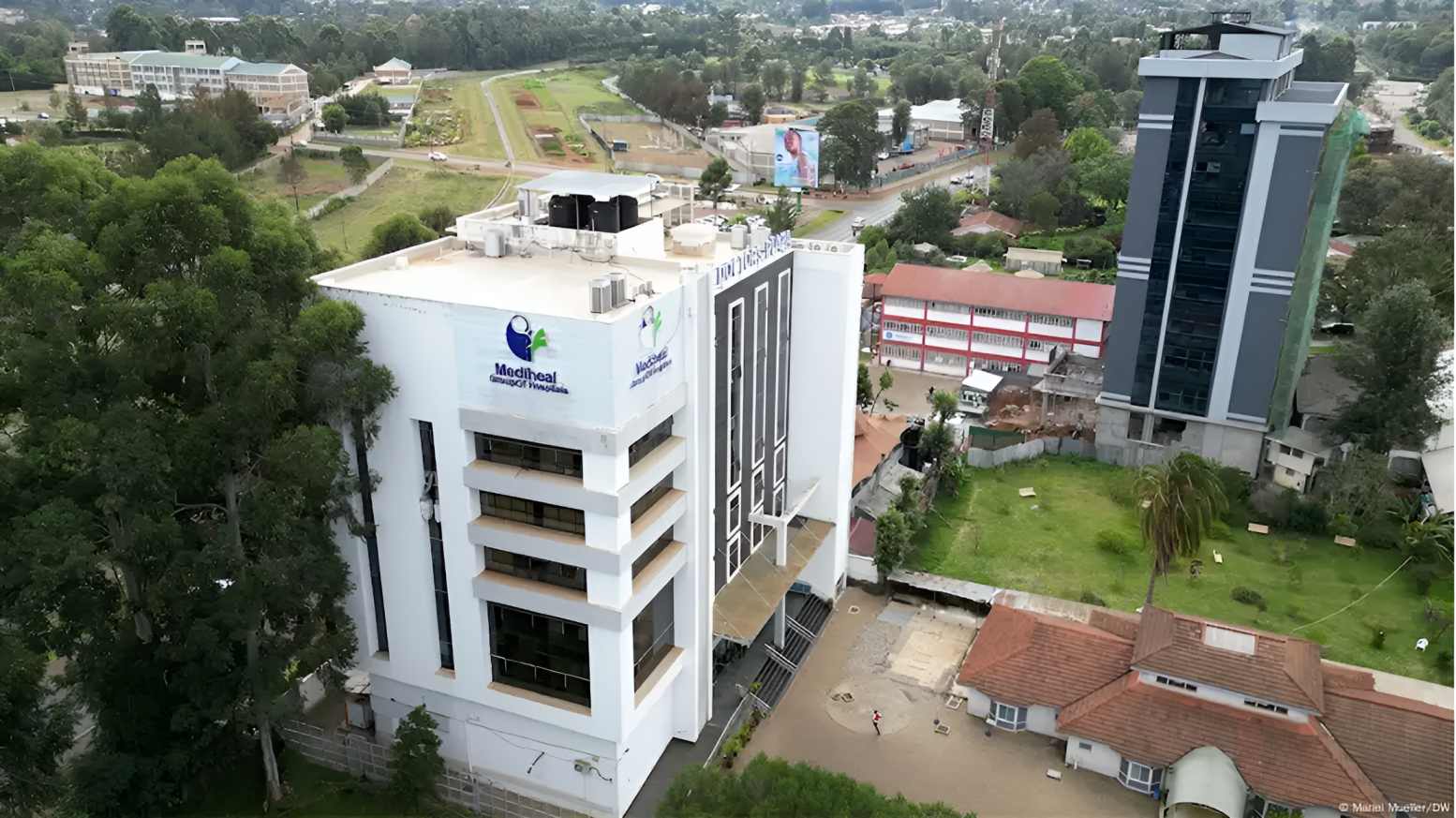Mediheal Group of Hospitals has reaffirmed the legitimacy and ethical standards of its kidney transplant program, confirming that all 476 surgeries performed between 2018 and 2025 adhered strictly to legal and ethical requirements.
In an official statement issued on Sunday, June 8, the hospital emphasized that every organ donation was made voluntarily, with no signs of coercion or commercial transactions, in line with Kenya’s Health Act and global best practices.
Mediheal clarified that donor-recipient matches were established before arriving at the hospital, and the facility itself did not facilitate any donor-patient pairing a practice deemed illegal and unethical in many jurisdictions.
"All transplant procedures were conducted in full compliance with Section 80 of the Health Act, 2017, which mandates that organ donations must be voluntary," the statement affirmed.
"We also made sure that all donors were medically qualified to donate kidneys and that recipients underwent thorough assessments and counselling prior to surgery," said Dancel Njoroge N’gang’a, Deputy Operations Manager at Mediheal.
Mediheal reported that of the 476 kidney transplants carried out, 372 were performed on Kenyan patients.
The remaining transplants were performed on patients from other countries, including Israel (62), Uganda (11), Somalia (7), Burundi (7), Democratic Republic of Congo (7), South Sudan (3), Germany (3), Tanzania (2), the United States (1), and Oman (1).
Mediheal also stated that most foreign patients entered Kenya on medical visas, which were approved by both Kenyan authorities and their respective home countries.
"To Mediheal’s knowledge, no non-African patient has ever received a kidney from a Kenyan or any African donor. Most non-Kenyan patients arrived with medical visas, indicating that both their home countries and Kenya were aware of their travel and the medical nature of the kidney transplant," the hospital added.
In response to concerns about possible donor exploitation, Mediheal emphasized that no African donor has provided a kidney to a non-African patient at their facility.
The hospital credited these results to its advanced matching system, highlighting the use of fourth-generation genetic and HLA matching technology tools that are unmatched anywhere else in Africa.
Mediheal charges Sh3,225,000 (approximately $25,000) for African patients and Sh4,515,000 (around $35,000) for non-African patients, which is significantly lower than the estimated $150,000 (Sh19,420,500) price tag for similar surgeries in Western countries.
The facility emphasized that its transplant protocols have undergone scrutiny and approval by various regulatory bodies, including the Ministry of Health’s Tissue Transplant and Blood Transfusion Committee, the National Commission for Science, Technology and Innovation (NACOSTI), and Moi University’s Institute of Research and Ethics Committee.
In December 2024, Parliament’s Health Committee also conducted a visit to the hospital as part of its ongoing oversight responsibilities.
